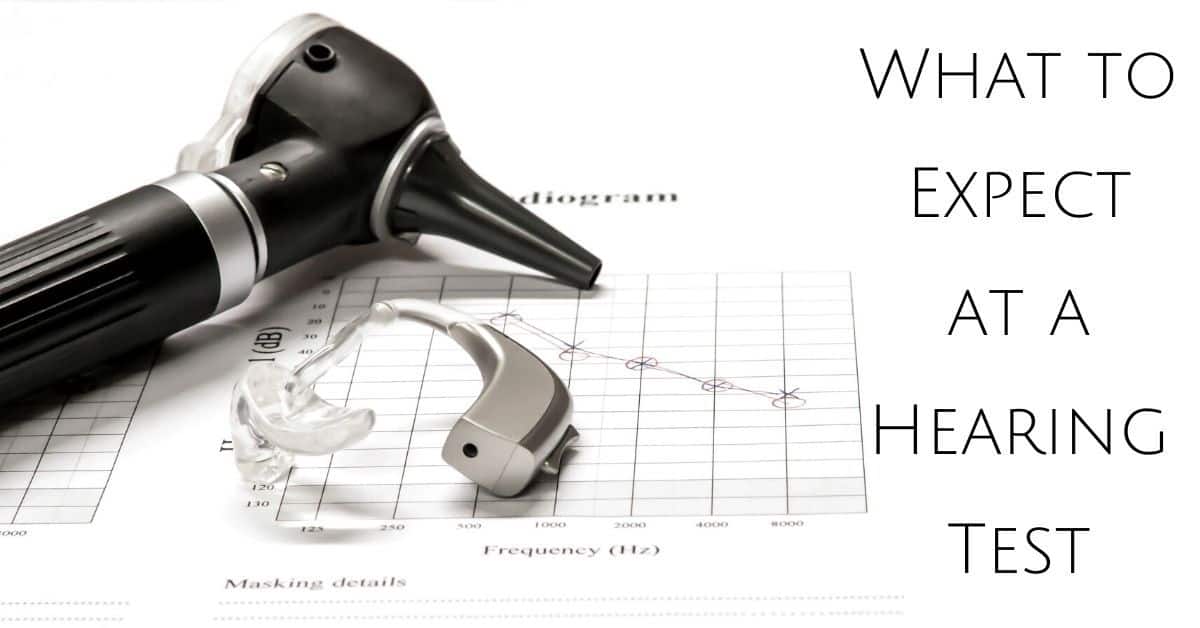
What to Expect at a Hearing Test
Hearing loss is one of the most prevalent afflictions in America today. Our world is getting noisier and rates of hearing loss are increasing to reflect that. But only 1 in 4 cases of hearing loss are currently being treated. We need to improve this statistic, so if you suspect you might have hearing loss, make an appointment with a hearing healthcare professional today and make your life better! Here’s what you can expect at your appointment:
Your Personal Health History
Your hearing healthcare practitioner will want to know a lot about your history. They’ll ask if you’ve worked or spent much time in noisy environments. They’ll ask about your family medical history, as some genetic factors can affect hearing loss. They’ll ask if you’ve suffered any head traumas, which can cause temporary or permanent hearing loss. They’ll want to know if you’ve got a cold or allergies, as these can impact hearing ability. You might also have impacted earwax. These are temporary conditions that might be causing the problem.
They will also ask about your daily routines and the symptoms you’re experiencing. How have you come to suspect hearing loss? What sorts of activities or hobbies are important to you?
The Hearing Test
The hearing test will most likely take place in a small room that is nearly anechoic. “Anechoic” means there are no sound reflections in the room. It will be isolated from sounds like HVAC and computers, providing a very low “noise floor,” which is what we call the level of all the unwanted sounds in a space or audio signal. You will likely wear headphones, but there might also be speakers in the room for testing subjects who can’t wear headphones or who are testing with hearing aids or cochlear implants.
The test itself is totally painless and non-invasive. The practitioner will play sounds into the headphones from a device called an “audiometer” and will ask you to respond to them. There will likely be two portions to the test: pure-tone audiometry and speech audiometry.
Pure-tone audiometry involves the playback of pure tones or “sine waves” into the headphones. The practitioner will ask you to alert them when you are hearing a tone, and whether it is in one or both ears. The tones will be at a variety of high frequencies. The idea is to determine how much you can hear at individual frequencies along the spectrum. If you need hearing aids, this information will be useful in “fitting” them, which is the term for programming them to work on some frequencies or sound patterns more than others.
Speech audiometry will test for the minimum level at which speech is intelligible to you. The practitioner will play speech at different levels and ask you to repeat back what you hear. Some levels may be too quiet and others too loud. They want to find out what is the most comfortable volume for you to hear speech, which will again be useful in fitting hearing aids.
If it is deemed necessary based on your situation, the practitioner may also employ a process called tympanometry. Most hearing loss is sensorineural, which results from slow, incremental damage to the cilia (small hair-like nerves) inside the cochlea, in the inner ear. Tympanometry is useful if it is suspected that your hearing loss is instead the result of problems in the middle ear (the eardrum or the “ossicles,” the small bones that vibrate in response to the eardrum). For this test, you will be fitted with a soft plug that changes the pressure in your middle ear. Like audiometry, it is painless, unless you are experiencing inflammation in this portion of your ear.
The Audiogram
After your hearing test, you’ll be shown your audiogram, which is a graph that depicts the functioning of both of your ears against what is considered normal. This graph will show you whether or not you have a hearing problem and how severe it is, and will allow your hearing healthcare practitioner to fit hearing aids for your specific needs.
All in all, your hearing test will be a quick, painless procedure that will have a long-term positive impact on your life. Make an appointment today and don’t let hearing loss slow you down!
